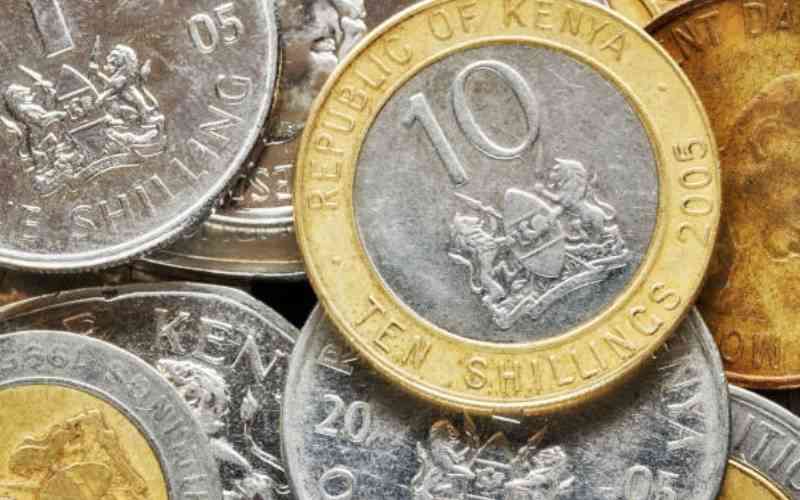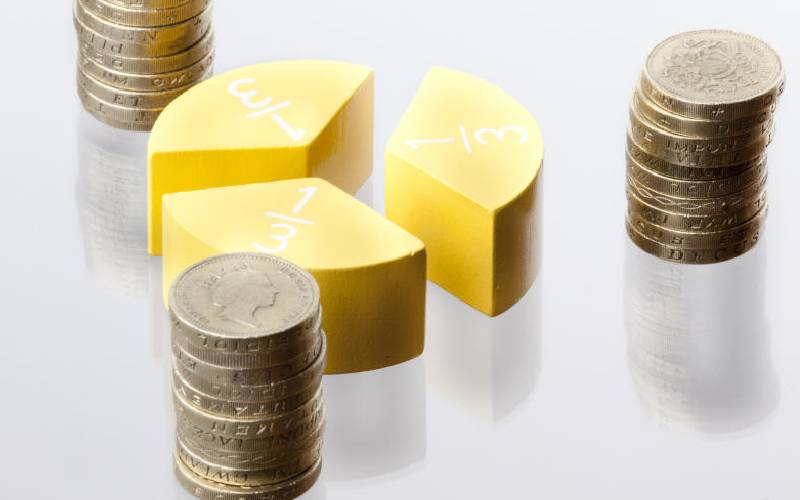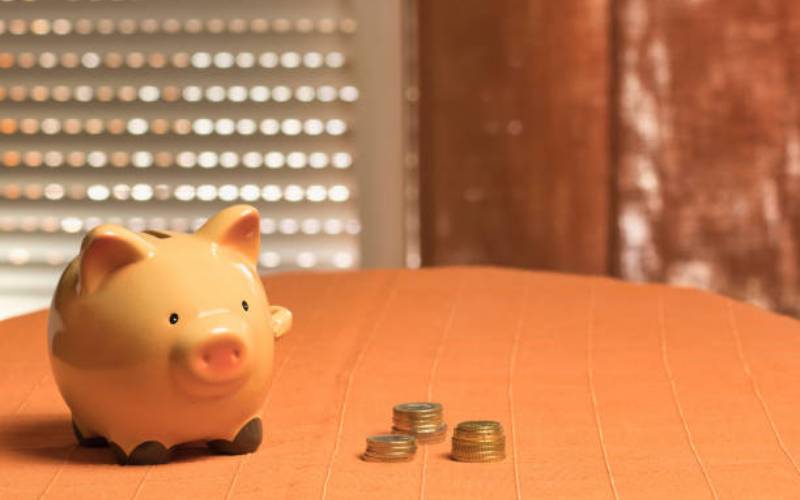
You have probably witnessed a trend at some retail chains where a teller withholds your change in the form of one-shilling coins without consent.
Here, you will buy items worth Sh97, for example, but the cashier will neither give you back your three shilling coins nor the usual trade of sweets.
The teller will swiftly go about their business of serving the next customer, not expecting you to be waiting around for your Sh3 change.
Last week, a client who had a first-hand experience at a local supermarket went on to lament in a savings group on Facebook.
"Today I shopped at a supermarket and my shopping was worth Sh937. I gave the lady a Sh1,000 note and she unapologetically gave me a balance of Sh60 and assumed that everything was okay. The audacity of wanting to remain with my 3bob? I almost caused drama," the customer wrote.
She would add; "I'd rather be called mean and get my money back or at least, the cashier should be respectful and ask if it is okay to leave my Sh3. They shouldn't just assume that the coins have no value."
The post has since gained more than 600 likes and over 500 comments, with most users complaining of similar experiences.
"I was once given a sweet because they didn't have three one-shilling coins. So I went and picked flour that was retailing at Sh183 and went to pay at another counter. I gave the cashier Sh180 plus the sweet I had received. Imagine the shouting I got from the teller. I told her to ask the management because I was given a sweet as three bob change so I was paying it as cash. They [supermarket management] had to apologize," another Facebook user wrote.
"I once experienced this at the supermarket. I told her to go look for the coins from other cashiers... at the end of my visit, I got the full balance and left," another user said.
Let's consider a hypothetical situation where one thousand (1000) customers visit a supermarket in a day. Half of them use mobile money transfers, vouchers, and debit cards while the other half use cash for payments.
Of the 500 people who pay using cash, let's say two hundred and fifty people leave one-shilling, two, or three-shilling coins at the supermarket. In a day, the retail shop will have gotten an extra Sh750. In a month, that will be Sh22,500, and in one year, the money will have accumulated to Sh270,000.
The Consumers Federation of Kenya (COFEK) has faulted supermarkets saying withholding change of whatever value is an unscrupulous means meant to increase sales.
COFEK Secretary General Stephen Mutoro questioned how supermarkets balance their books with excess cash at the close of business, adding that retail chains should not operate a business without loose money.
"It is an illegal and immoral action by retail chains. Retail chains should be put on notice. If roles are reversed and your money does not add up by even a cent, you would not buy any item from the supermarket," said Mutoro.
Additionally, Mutoro has asked Kenyans to demand their change in the case where it is not issued.
 The Standard Group Plc is a multi-media organization with investments in media platforms spanning newspaper print
operations, television, radio broadcasting, digital and online services. The Standard Group is recognized as a
leading multi-media house in Kenya with a key influence in matters of national and international interest.
The Standard Group Plc is a multi-media organization with investments in media platforms spanning newspaper print
operations, television, radio broadcasting, digital and online services. The Standard Group is recognized as a
leading multi-media house in Kenya with a key influence in matters of national and international interest.











